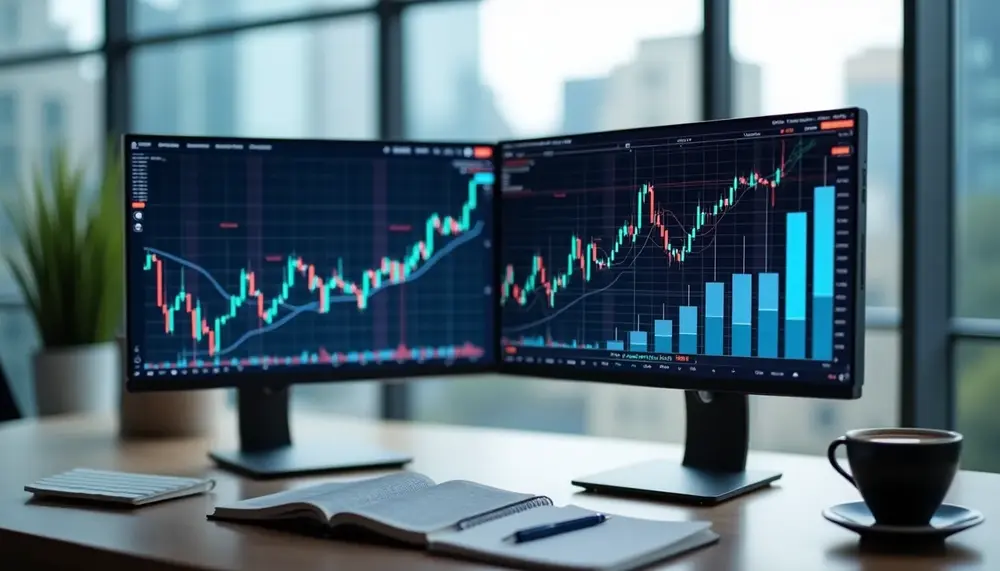Volatility Risk
Volatility Risk
Understanding the term Volatility Risk is crucial for anyone engaged in the world of trading. It is a term that comes up quite often and has significant meaning and implications for traders and investors alike.
What is Volatility Risk?
Volatility Risk refers to the risk originating from the extent of price changes in a financial instrument, asset, or market within a specific time frame. Volatility is essentially the measure of the amount by which an underlying asset is expected to fluctuate in a given period. Therefore, Volatility Risk is the uncertainty brought about by such changes. It is an essential element to consider when making trading decisions.
The Impact of High and Low Volatility Risk
High volatility implies that a security's value can change dramatically over a short time in either direction, leading to larger potential for gains but also larger potential losses. On the other hand, low volatility means that the stock value doesn't dramatically change, resulting in lesser risk and potentially lesser rewards. Hence, understanding the Volatility Risk is key to managing potential upsides and downsides in trading.
How to Manage Volatility Risk
There are several ways a trader can manage Volatility Risk. Diversification is one of the most common methods, as spreading investments across different assets can reduce the potential impact of a single volatile security. Another way to manage Volatility Risk is to use common trading strategies such as stop-loss orders. Additionally, it's also helpful to have a good understanding of market trends and indicators, as these can give insight into possible volatility.
Why Volatility Risk is Important in Trading
Volatility Risk plays a crucial role in trading. It directly influences the pricing of options and contributes to market liquidity. The understanding of this risk also helps traders in deciding on their risk-reward ratio. Thus, any trader, regardless of their risk appetite, must understand the idea of Volatility Risk.
In conclusion, Volatility Risk, while posing potential challenges, also offers opportunities for traders. Thus, being familiar with this concept and learning to manage it effectively can greatly enrich a trader's market experience.
Blog Posts with the term: Volatility Risk

Regularly reviewing and adjusting the strategy can also help to stay ahead of the volatility of the cryptocurrency markets. Cost Average Trading is a popular strategy used by investors to gradually buy securities at different times and different prices in order...

Bollinger Bands Trading is a technical analysis strategy created by John Bollinger in the '80s that helps traders understand market volatility and capture profits. The strategy involves using three lines - a simple moving average and two standard deviation lines...

The article discusses the growing job market in Bitcoin trading, highlighting roles such as Cryptocurrency Trader, Crypto Analysts, Blockchain Developer and Compliance Officer. It emphasizes that success requires skills like understanding blockchain technology and analyzing complex financial data; potential earnings...

Cryptocurrency trading may initially seem intimidating, but this article simplifies the basics to guide beginners and enthusiasts. It covers topics such as understanding cryptocurrencies, the pros and cons of trading, the importance of research, different types of trading, and risk...

This comprehensive guide to Bitcoin trading for beginners delves into the world of cryptocurrency, explaining key concepts and strategies. It emphasizes understanding market analysis, risk management principles such as limiting losses and securing profits, diversifying portfolios, and controlling emotions in...

Decentralized Finance (DeFi) quantitative trading combines transparency, real-time data, and algorithmic precision to revolutionize financial markets by enabling innovative strategies like statistical arbitrage and leveraging on-chain data for predictive accuracy. This paradigm shift democratizes finance, offering opportunities for both experts...

